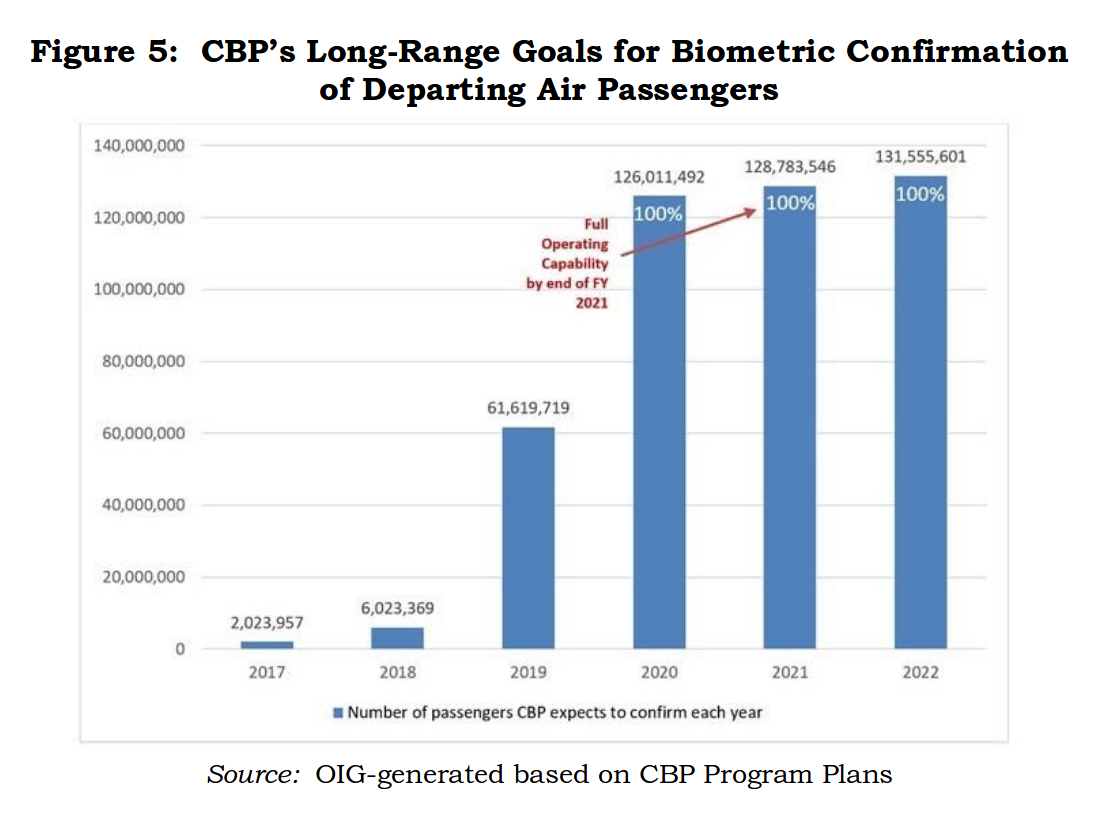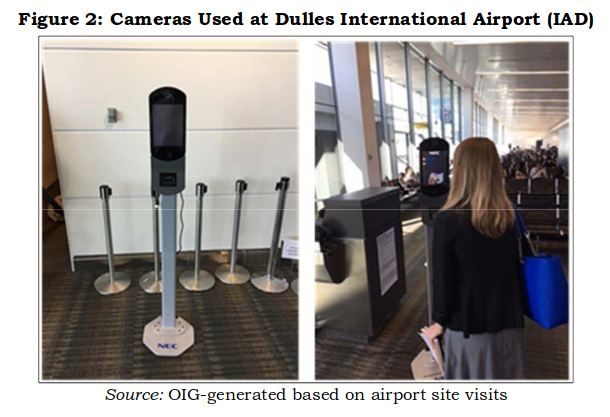Another round in 9th Circuit fight over “No-Fly” orders
A 3-judge panel of the 9th Circuit US Court of Appeals heard arguments today in Portland, Oregon, in Kariye v. Sessions, the third and latest round of appeals to the 9th Circuit in a challenge to US government “No-Fly” orders that was filed in 2010 as Latif v. Holder.
The lawsuit has survived two previous appeals to the 9th Circuit. But most recently, the District Court dismissed the claims of those plaintiffs who remain blacklisted from domestic or international air travel. Today’s third round of argument in the 9th Circuit was on the appeal of that latest dismissal of the complaint.
Today’s oral argument was conducted in a courtroom closed to everyone except the judges, court staff, the parties to the case, and their attorneys. Presumably, the argument was closed because one of the issues was whether the government should have been allowed to submit evidence “ex parte and in camera” for the court to consider without the plaintiffs being able to see it, or whether the District Court and/or the Court of Appeals should consider such submissions.
If you think there’s something Kafka-esque about secret arguments about whether to consider secret evidence, we agree. It’s possible that redacted excerpts from the oral argument will be made available later in the 9th Circuit’s video and audio archives.
Legal documents in the case are available from the ACLU, which is representing the plaintiffs. The best summary of the issues in the current appeal, and the best overview of what’s wrong with the government no-fly decision-making procedures at issue in the case, is in the plaintiffs’ opening brief in the current appeal.

